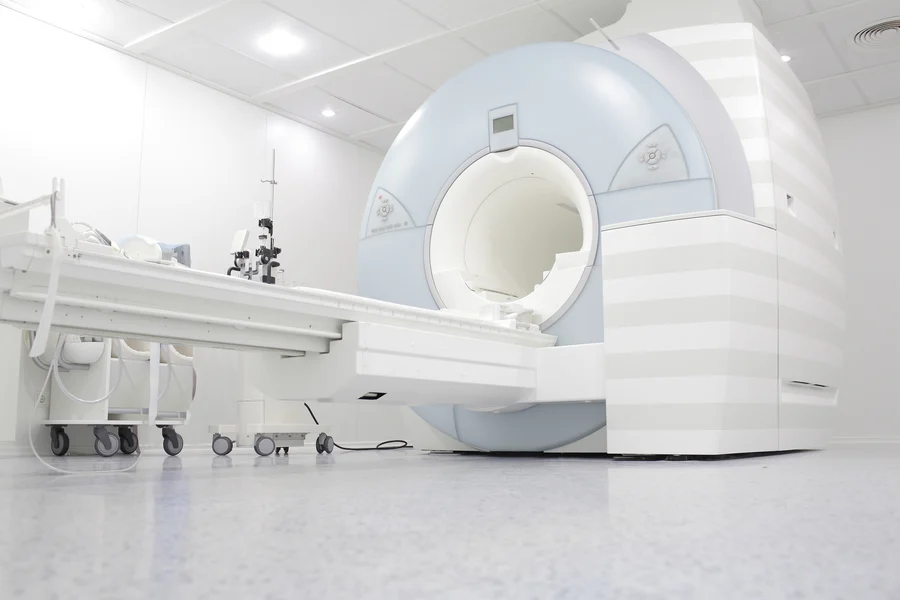From EKG to ultrasound, there are a number of diagnostic tests available to cardiologists. Each has its own distinct uses and benefits in monitoring heart health. Among those quickly growing in popularity is the cardiac positron emission tomography (PET) scan. Used to evaluate a wide range of heart symptoms and conditions, PET scans offer superior image quality and higher diagnostic accuracy than many alternatives.
What is a Cardiac PET Scan?
Generally speaking, PET scans are imaging tests that can give doctors insight into the function and structure of your body’s tissues and organs. These tests are performed using a special dye which contains radioactive tracers. Once this dye has been administered, the patient will lay on a table which slides into a large, tunnel-shaped machine. This machine will scan the area of concern and pick up signals from the tracers. Computers will then produce a series of images from these signals which can be used to create a three-dimensional map of the heart.
What are the Benefits of a Cardiac PET Scan?
The greatest benefits of a cardiac PET scan are its ability to accurately measure blood flow between the coronary arteries and heart muscle and to detect dead or injured tissue through images of high resolution and clarity. With this information, cardiologists are able to diagnose conditions such as coronary artery disease (CAD) and tissue damage following a heart attack. Furthermore, PET scans can give cardiologists a strong indication of whether or not a patient may benefit from a surgical procedure, such as angioplasty, to open clogged arteries, or coronary artery bypass surgery.
Who should get a Cardiac PET Scan?
There are many patients who may benefit from a cardiac PET scan for a variety of reasons. The main uses for the test include:
- Screening for cardiovascular disease among those who are symptomatic or who have associated risk factors such as family history or high cholesterol.
- To monitor the condition of the heart and the success of treatment in those who have been previously diagnosed with CAD.
- To further evaluate previously detected blockages and determine a patient’s candidacy for coronary stents or bypass surgery.
- To determine the extent of tissue damage and scarring following a heart attack and identify the most appropriate treatment method.
What are the Drawbacks of a Cardiac PET Scan?
Fortunately, cardiac PET scans are safe for the vast majority of patients. The procedure requires no downtime and is performed in an outpatient setting. The exposure to radiation is minimal and the testing benefits far outweigh the risk. However, patients who are pregnant or breastfeeding may be encouraged to get a different type of test, using no radiation.
Despite its effectiveness and high level of diagnostic accuracy, the cardiac PET scan is not readily available to most patients, as only about 200 cardiac-specific PET scan centers are open in the United States. Fortunately, Cardiovascular Institute of the South is one of the few facilities in the nation able to provide this invaluable testing to cardiology patients. To learn more about this test and if it may be beneficial to you, contact CIS, and request a consultation with any one of our skilled cardiologists.
